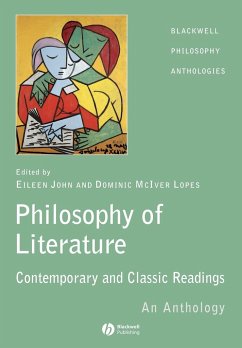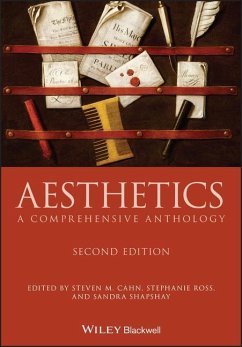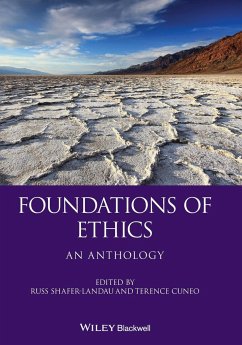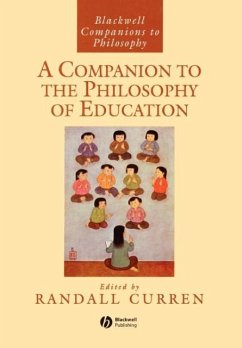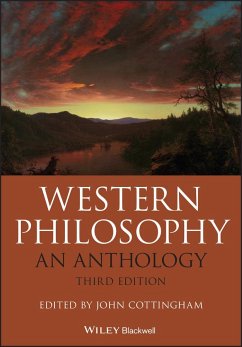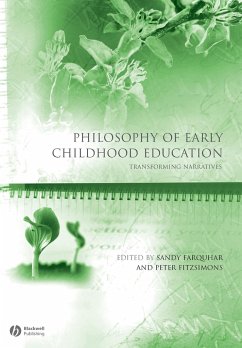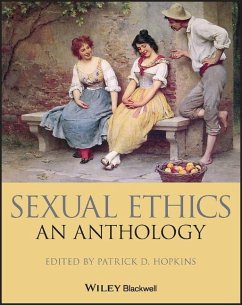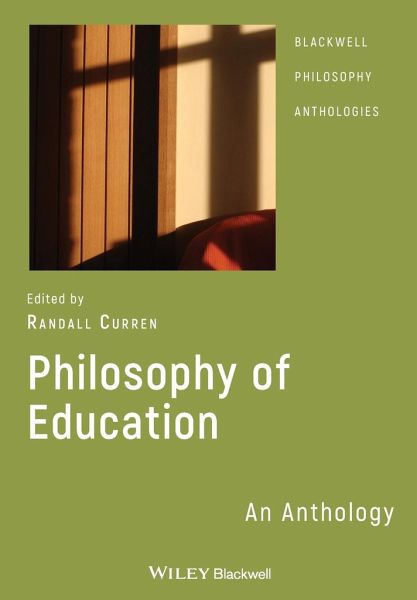
Philosophy of Education
An Anthology
Herausgeber: Curren, Randall
Versandkostenfrei!
Versandfertig in 2-4 Wochen
48,99 €
inkl. MwSt.

PAYBACK Punkte
24 °P sammeln!
Philosophy of Education: An Anthology brings together the essential historical and contemporary readings in the philosophy of education. The readings have been selected for their philosophical merit, their focus on important aspects of educational practice and their readability.




